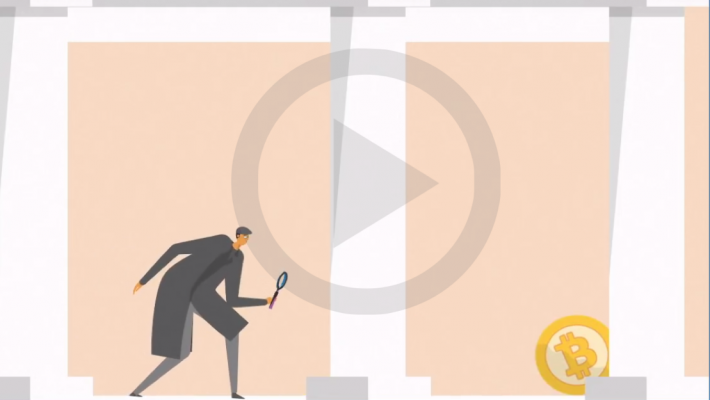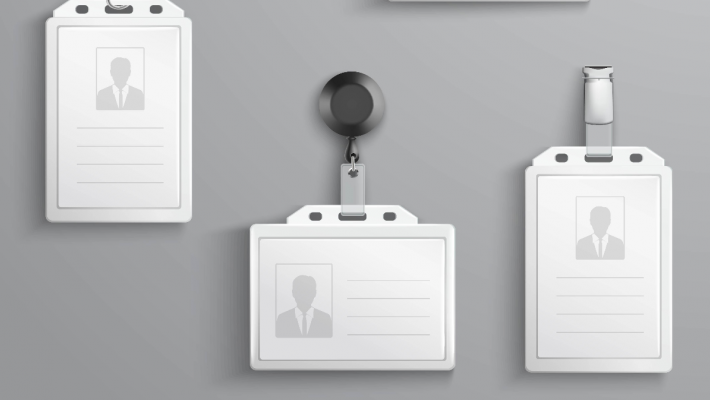How blockchains can give back control of our identities
07 March 2018
Video Credit - World Economic Forum
2017 Marked some of the worst data breaches of personal information in living memory, with the likes of Equifax and Uber being hacked and robbed of millions of identities this past year. In its current database form, our personal information is vulnerable. A social security or identity number is essentially a paper based system that made its way online, where savvy hackers are increasingly stealing identities by selling them to the highest bidder on the dark web. Furthermore, by opting in for various online services, we have sold our identities to advertising giants who have positioned themselves as custodians of personal information. There is also the concern of compliance against privacy laws in how third parties commercialize customer data, with various social networking platforms currently under fire for potential breach in compliance.
Overtime, we have lost control of our identities, with third parties increasingly unable to safeguard the data. However, blockchain technology is showing promising capabilities of giving back control of our identities back to the individual.
How do blockchains work?
Lets start by clarfiying that blockchain is not Bitcoin. Bitcoin is a cryptocurrency based on blockchain technology, and it is not the only application of blockchain. The technology has the power and capability to disrupt many more industries other than banking and financial services. The music, real estate and insurance industries are all perfectly positioned to be disrupted by the introduction of blockchains.
In a financial context, all transactions are currently being verified and authenticated by a big powerful third party called the bank. However, blockchains remove the need for the bank as it is essentially a permission-free system – each transaction is authenticated by people called ‘miners’ with powerful computing resources who are incentivized to do this task. The system is based on state-of-the-art cryptography in the form of a global, distributed ledger stored on millions of computers. The process makes for a completely transparent database of digital assets which has been (up to now) unhackable. We can transact without a third party needing to authenticate who we are, whilst protecting our identities in the process. The potential applications of this technology is causing much excitement among techies whilst at the same time posing a headache to regulators and policy makers.
How can blockchains protect personal information?
Currently, we have to send various forms of ‘proof’ of our identities to third parties in the form of identity numbers, bank statements, proof of address etc to verify or authenticate who we are. These days however, identities can be cloned or stolen to mispresent someone throughout this time-consuming and inefficient verification process. Consumers with stolen identities live with the after-math for years, having to live with endless admin and a ruined credit record.
Imagine a world where all your personal information is protected in the blockchain, giving you control over who you wish to give access to what information. Your insurance provider requires your date of birth? It will ask the blockchain, and your approval will be authenticated by a neutral person, the insurer only receives access to your date of birth (nothing more), and the event will be recorded forever in time.






